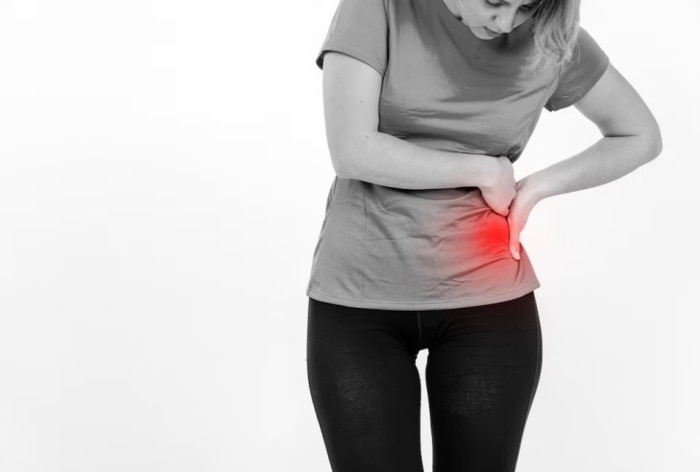There are always several notions about what may or may not lead to formation of kidney stones. Calcium or no calcium, here are few common misconceptions that you should stop believing right away.

Kidney stones are the tiny particles that form in our kidneys. They cause pain, and discomfort even with small particle constituents. Even though kidney stone issues are a common disease nowadays there are a number of misconceptions that are associated with the formation of kidney stones. How much intake of calcium is good for kidneys, who are more vulnerable to it etc are common questions that people deal with.
While the pain can be very excruciating, it is always imperative to have proper awareness about the health issue so that one is better able to manage the issue. Speaking of myths and facts, here are a few misconceptions that you should stop believing right away.
KIDNEY STONES: 7 COMMON MYTHS AND FACTS TO KNOW
Myth 1: Drinking Milk Causes Kidney Stones
Fact: This myth arises due to the false belief that the calcium in milk causes the formation of stones. However, studies revealed that consumption of some portion of dairy products including milk helps reduce the incidence of kidney stone production. Calcium is a good source for boosting bone health and doesn’t promote any stone formation.
Myth 2: All Kidney Stones Are Painful
Fact: Kidney stones appear notorious for causing excruciating pain, but in some cases in the beginning, even its presence cannot be felt or will not show any symptoms. These hidden stones are found by chance during other medical issues and diagnostics procedures.
Myth 3: Drinking Lemonade Dissolves Kidney Stones
Fact: There is a substance called citrate that is found in fresh lemons, and which can help avoid some kidney stones through the liquid intake of lemon through lemonade. But this will not always work magically and will dissolve the stones fully. To get rid of kidney stones, effective medical care and lifestyle changes is a must.
Myth 4: Only Men Get Kidney Stones
Fact: Although as per historical records, men have been more likely to get kidney stones, nowadays this gender gap is narrowing. Women are experiencing kidney stones more commonly and the reason behind this can be genetics, lifestyle, and eating habits.
Myth 5: Drinking More Water Doesn’t Prevent Kidney Stones
Fact: Drinking enough water is the best strategy to avoid kidney stones. Water basically helps dilute urine constituents that cause the formation of stones, decreasing them to crystallize or clump together. Staying hydrated is very important for kidneys to function normally.
Myth 6: Kidney Stones Are Always Composed of Calcium
Fact: Calcium-based kidney stones cases are frequent but other types of stones also form in kidneys comprised of struvite, cystine, and uric acid. Each stone type forms under different circumstances, and that is why prevention and treatment methods vary.
Myth 7: High-Protein Diets Cause Kidney Stones
Fact: Animal protein intake in excess can increase the risk of some type of kidney stones. However, consuming a high protein diet can increase kidney stones risk is a common misconception. A balanced diet with moderate protein intake can reduce the risk of kidney stones.
It is very important to distinguish facts from myths regarding any medical disease. By debunking this false connotation, people can better understand the facts and take action accordingly. However, it is always recommended to consult a doctor to chart out the proper course of action.
